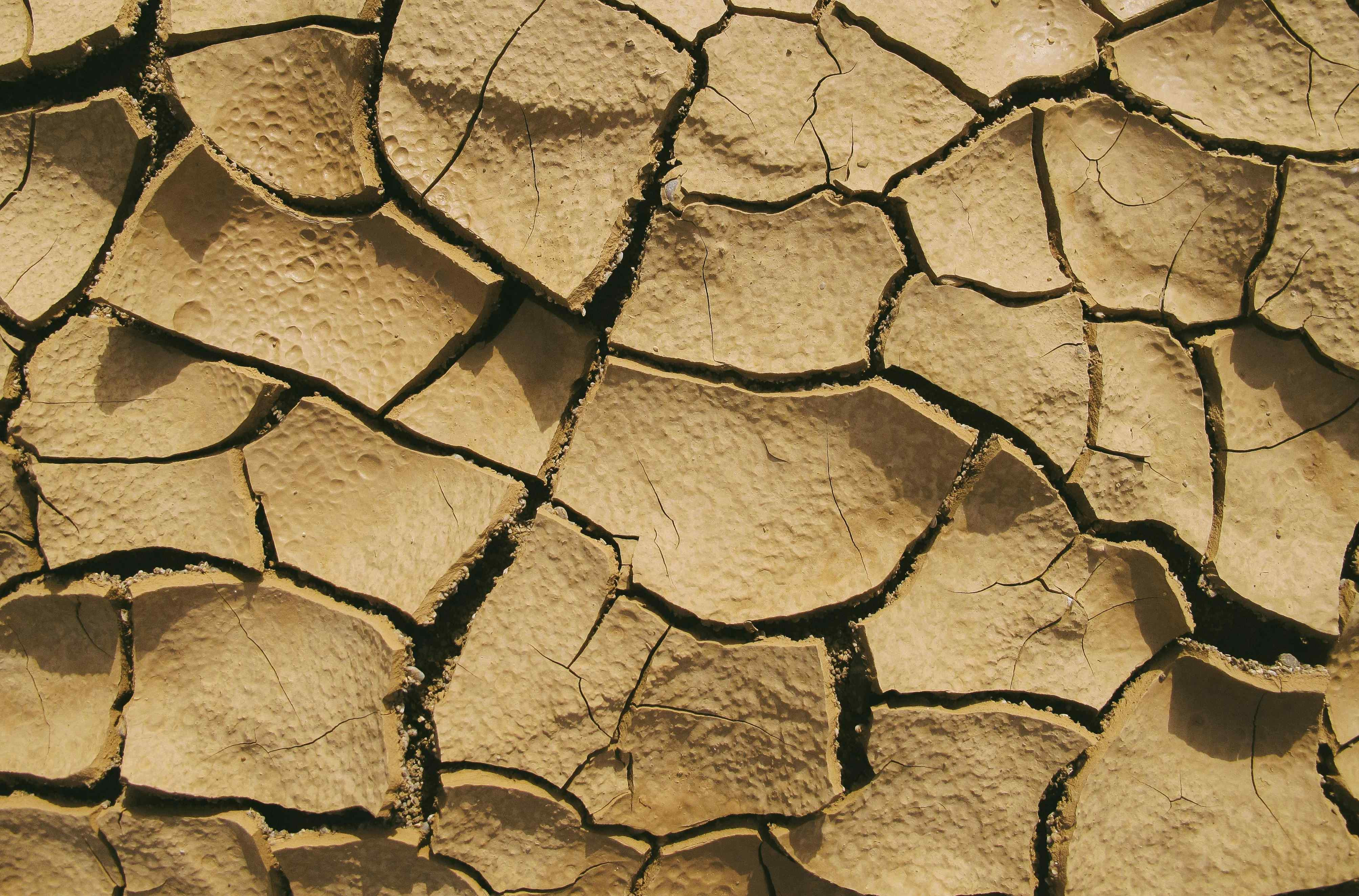Grass Is Better Than Grain
posted on
October 26, 2023
Harvest Time!
David (the farmer) just harvested some of his alfalfa. This is the very ‘grass’ that our herd will be eating all winter long. That’s right! Our animals are completely grain and soy free all year round. It gets even better! Our alfalfa is grown without chemical fertilizers, herbicides or pesticides. We like to be kind to the earth and all of its living organism, even the ones not visible to the naked eye like fungus and bacteria which are essential to life.
It is extremely important that our herd gets nutritious food because the nutrition of what we eat and our health depend on it. Many milk and beef producers feed their herd grain and soy. When you think about it, a cow in the wild would never eat significant amounts of grain or soy if any at all. The farming industry at large decided to change the eating habits of these animals because it is an inexpensive way to fill an animal’s stomach and provide energy. Unfortunately, grains cause high acidity levels in a cow’s stomach because grains are difficult for them to break down (some of us know the feeling!). It can lead to heartburn and bloat. This constant state can have other negative health issues such as liver abscesses. A cow that eats grain verses grass also has a much lower life expectancy. A cow raised on grass can live between ten and twenty years in the wild. A cow living on grain would be able to live a year or so after they would be slaughtered.
Poor health in animals caused by a poor diet leads to other issues such as disease. Cows are often fed grain in something called a feedlot. A feedlot is an enclosure often crowded with many other cows. They stay there for about 6 months before moving on to the slaughterhouse. High acidity levels in the stomach of the cow mixed with the crowding of the feedlot creates an environment where E. Coli thrives. Farmers know the threat that E. Coli brings, so often times antibiotics will be used as a preventative measure rather than a treatment. This is just one of the troubling aspects of large-scale commercial farming.
There are many things we are not aware of behind the scenes in the farming industry. There are also many industry terms that we do not fully understand like free-range, grass-fed, organic or grass-finished. The nice thing about buying from a farm like ours is that there is no uncertainty or confusion around how the animals are being cared for. Our beef, buffalo and dairy cattle never eat grain or soy, period! They also do not eat prairie grass treated with chemicals nor do they live in fields treated with chemicals. Our animals are not confined. The only time our animals are in a building is during the winter months for feeding time. They eat our previously harvested alfalfa grass and are supplemented with minerals. Sickness and disease is extremely uncommon among our herd. Any treatments we give our animals are reliable, holistic Amish remedies that have been around for hundreds of years.
Buffalo Valley Pastures is happy to bring you an all natural, trusted, dependable food source.



